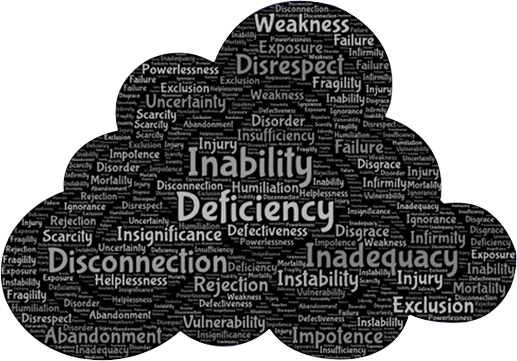ADHD in Teenagers and SNAP Brain Formula for Better Results
Attention Deficit Hyperactivity Disorder (ADHD) is a neurodevelopmental disorder that commonly manifests in childhood but can persist into adolescence and adulthood. When it comes to teenagers, Adhd in teenagers can present unique challenges. Adolescence is a period marked by significant physical, emotional, and social changes, and these can exacerbate ADHD symptoms.
Teenagers with ADHD may struggle with academic performance,
as they face increased demands and responsibilities. Executive functions, such
as organization, time management, and impulse control, can be particularly
challenging for them. This may affect not only their schoolwork but also their
relationships with peers and family. Teenagers with Adhd
in teenagers might find it difficult to navigate the complex
dynamics of adolescence. Impulsivity and inattention can impact their ability
to form and maintain friendships. Additionally, the risk of engaging in risky
behaviors, such as substance abuse, may be higher in teenagers with ADHD.
It is crucial for parents, educators, and healthcare
professionals to collaborate in supporting teenagers with Adhd in teenagers. Tailored
interventions, a structured environment, and, in some cases, medication can be
part of a comprehensive treatment plan. Understanding and patience are key in
helping teenagers with ADHD navigate these formative years successfully.



Comments
Post a Comment